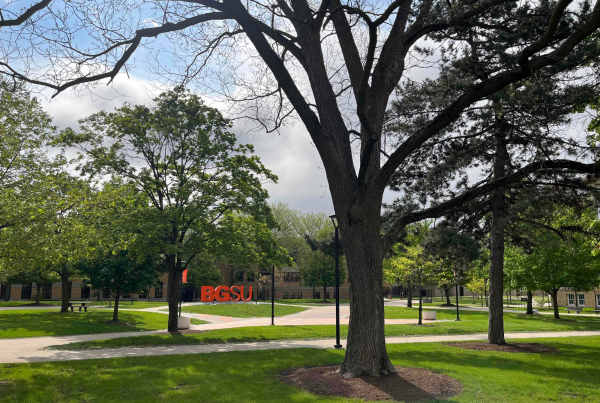Students applying to college are probably familiar with the idea of legacy admissions, or even fear that their lack of legacy status will work against them in the admissions process. As college admissions grow ever more competitive, applicants may wonder (or worry): To what extent does being an applicant with legacy status confer an advantage? How big of an advantage does it? Will qualified students who don’t have legacy status be turned away in favor? Read on for what legacy status means for admissions decisions and why the overall application remains the most important factor in admissions decisions, even among legacy students.
What does “legacy” mean?
Legacy refers to the special consideration children of alumni receive in the admissions process at a given school.
In some cases, students whose grandparents attended the college or whose siblings currently attend the college may also be considered legacy students.
Depending on the school, legacy status may be conferred on children of alumni who attended college or graduate school at a given university, or it may be limited to undergraduate alumni only.
Do I need to apply differently if I am a legacy student?
Some colleges may require that students apply early decision to take advantage of their legacy status. Students who are applying to schools where they are considered legacy students should verify specific requirements.
How decisive is legacy in deciding admissions?
How legacy is factored into the admissions calculus depends on the school. Students applying to schools where their parents attended should ask the admissions office how legacy status is weighted in the admissions decision.
Some colleges use it as a tie-breaker, meaning if two students have indistinguishable records, the student with the legacy will gain admission over the non-legacy applicant. Other schools may weight the legacy status more heavily. Still other colleges may not factor it into admissions decisions at all (legacy in admissions is a controversial subject, and there are increasing calls to end legacy admissions entirely to further level the playing field).
If I am a legacy student, does that mean that I am guaranteed admission?
No. Legacy students must also have competitive applications (grades, extracurricular activities, essays, test scores, etc.) in order to be admitted. Legacy status can give students a leg up among qualified applicants, but it won’t be the only factor in making admissions decisions.
It is also important to remember that schools that schools can only accept so many students in total. Colleges may receive more applications from legacy students than they can admit. Because that is the case, legacy students will also need to distinguish themselves among other legacy students.
Will unqualified legacy students be admitted over qualified non-legacy students?
No. Students that admissions officers do not believe can succeed at the school will not be admitted solely on the basis of their legacy status. It is simply not in colleges’ best interests to admit students who won’t be able to do well at school.
Bottom line:
While legacy status can influence admissions decisions, it is not the only factor, or even the most important factor, in determining whether students are admitted. Grades, activities, talents, test scores and application materials play a major role in deciding who will be admitted to a college, and these factors are at work even among legacy students. However, at highly competitive schools, especially private schools with very low acceptance rates, and where students are all excellent candidates for admission, students will benefit from legacy status, which separates them from other highly-qualified applicants.




